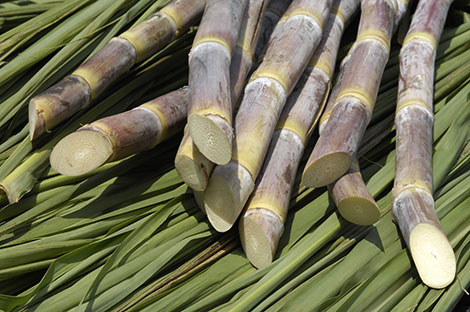
By Tatenda Chitagu
The land invasions in the Lowveld, where sugar producer, Tongaat Hulett was targeted, as well as the world’s biggest wildlife sanctuary, Save Valley Conservancy, have dealt a body blow to the Chiredzi Rural District Council (RDC), as the institutions were the authority’s cash cows, a senior official has disclosed.
In an interview on the sidelines of a circumcision graduation ceremony at Mahlanguleni business centre at the weekend, Chiredzi RDC chief executive officer, Isaac Matsilele said the council is now struggling, as some of the money now goes to the Lands ministry in rentals.
“We mainly depend on levies, shop licences and unit taxes among others for revenue,” he said. “We used to get most of our revenue from Tongaat Hulett, Malilangwe and Save Valley conservancies before the land disturbances, but now it is different altogether.
“The Lands ministry is now taking some of the money in land rentals.
“That is where we were most affected and we are not getting anything at the moment. Our efforts are now re-directed to new resettlement areas.”
Matsilele said apart from dwindling revenue streams, there is a poor road network linking business centres, which makes them less attractive investment destinations.
“We have challenges with roads. They are in bad shape and they do not fall under our jurisdiction,” he continued.
- Chamisa under fire over US$120K donation
- Mavhunga puts DeMbare into Chibuku quarterfinals
- Pension funds bet on Cabora Bassa oilfields
- Councils defy govt fire tender directive
Keep Reading
“The growth points are not reachable and there is low uptake of stands. Road authorities are letting us down.
“We have one road, which leads to the resettlement area, and from Rutenga to Sango, which falls under our purview, which we regularly service. This is a major challenge.”
Some of the areas which fall near the border with Mozambique and South Africa also do not have telephone nor television signals, leading to the locals to tune in to foreign radio and television stations.
The rural areas, with limited job opportunities, also promote cross-border migration of the youth seeking “greener” pastures in South Africa.











